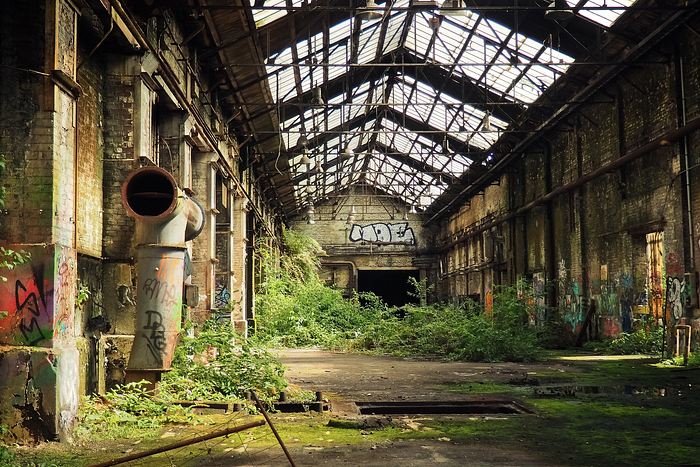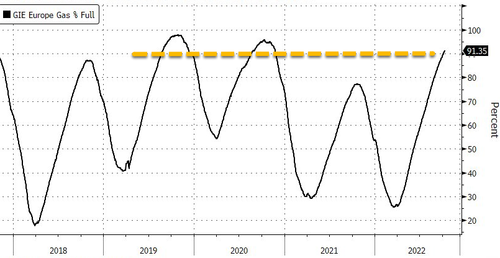October 2022 was Earth’s fourth-warmest October since record-keeping began in 1880, NOAA’s National Centers for Environmental Information (NCEI) reported November 15. NASA rated October as the fifth-warmest on record, behind 2016, 1.23 degrees Celsius (2.21°F) above the 1880-1920 period – its best estimate for when preindustrial temperatures last occurred. The European Copernicus Climate Change Service and the Japan Meteorological Agency rated October 2022 as the third-warmest October on record. Such minor differences in the agencies’ rankings can result from the different ways they treat data-sparse regions such as the Arctic.
Land areas had their second-warmest October on record in 2022, land areas in the Northern Hemisphere had their warmest October on record, and global ocean temperatures were the fifth-warmest on record, according to NOAA. Europe had its warmest October on record; Africa, its third-warmest; and Asia and North America, their sixth-warmest. Oceania and South America each had a warmer-than-average October, but the month did not rank among their top 10 warmest on record.
The year-to-date global surface temperature is the sixth-highest on record, and 2022 is 99% likely to end up as the sixth-warmest year on record, according to NOAA.

…click on the above link to read the rest…








